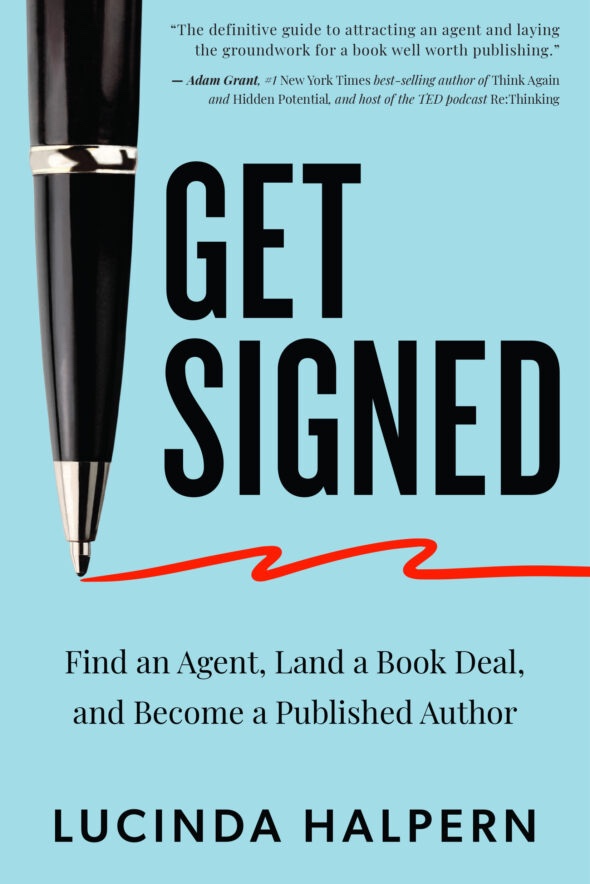Search
Querying Effectively: Now More Than Ever Before
 Among the challenges you will come across on your journey, the most common one mentioned in our previous survey was identifying fiction publishing trends. Additionally, we’ve heard many writers in our workshops say they are unsure if they are querying effectively. This comes from new and veteran query-ers alike. Here’s our advice on how to navigate these tricky waters:
Among the challenges you will come across on your journey, the most common one mentioned in our previous survey was identifying fiction publishing trends. Additionally, we’ve heard many writers in our workshops say they are unsure if they are querying effectively. This comes from new and veteran query-ers alike. Here’s our advice on how to navigate these tricky waters:
How does one get to “know” the fiction market in the first place? Study your genre. Get involved with a reputable writers community (like the Society of Children’s Book Writers and Illustrators) that can teach you new perspectives and clue you in to what’s popular. And, to get a handle on what’s selling in your genre, don’t limit yourself to reading only the New York Times Bestsellers List, Publishers Weekly, and/or Goodreads. Seek an expert opinion so as to gather insights on the breadth of your category, beyond only those books that hit bestsellers lists. Experts—whether a friend who works in marketing, a friend who reads everything, a former professor, or an agent or editor you know—may be able to give you invaluable feedback, before you begin the query process.
 These days, one of the prerequisites for new fiction is that it ties to a timely message. A strong query letter will answer the question: “What makes this story a must-read now?” Maybe your novel speaks to the #MeToo movement or involves #OwnVoices. The controversy over the novel American Dirt, for example, inspired many writers to submit stories that share their perspectives on immigration. In this market, the bolder and more controversial, the better. So seize the opportunity to highlight in your letter the timely message that makes your book an urgent read.
These days, one of the prerequisites for new fiction is that it ties to a timely message. A strong query letter will answer the question: “What makes this story a must-read now?” Maybe your novel speaks to the #MeToo movement or involves #OwnVoices. The controversy over the novel American Dirt, for example, inspired many writers to submit stories that share their perspectives on immigration. In this market, the bolder and more controversial, the better. So seize the opportunity to highlight in your letter the timely message that makes your book an urgent read.
Now more than ever—but even at all times—it’s important to keep your query letter brief. As the industry is adjusting to “wfh,” possibly alongside homeschooling children, agents and publishers will have less patience for long-winded letters. Don’t list the events that happen in your book; rather, introduce colorful characters and an exciting catalyst. Providing a “catapult,” so to speak, along with mentioning your timely message, is both effective as a hook and engaging for agents to read in general.
In summary, prove to agents (and to yourself) your seriousness as a fiction writer by getting involved in the fiction community, keeping up with the latest market news, and dedicating time and effort in crafting a thoughtful query letter.
To subscribe to Lucinda Literary’s monthly newsletter, click here
If you’re just starting out, explore our beginner resources on Get Signed








